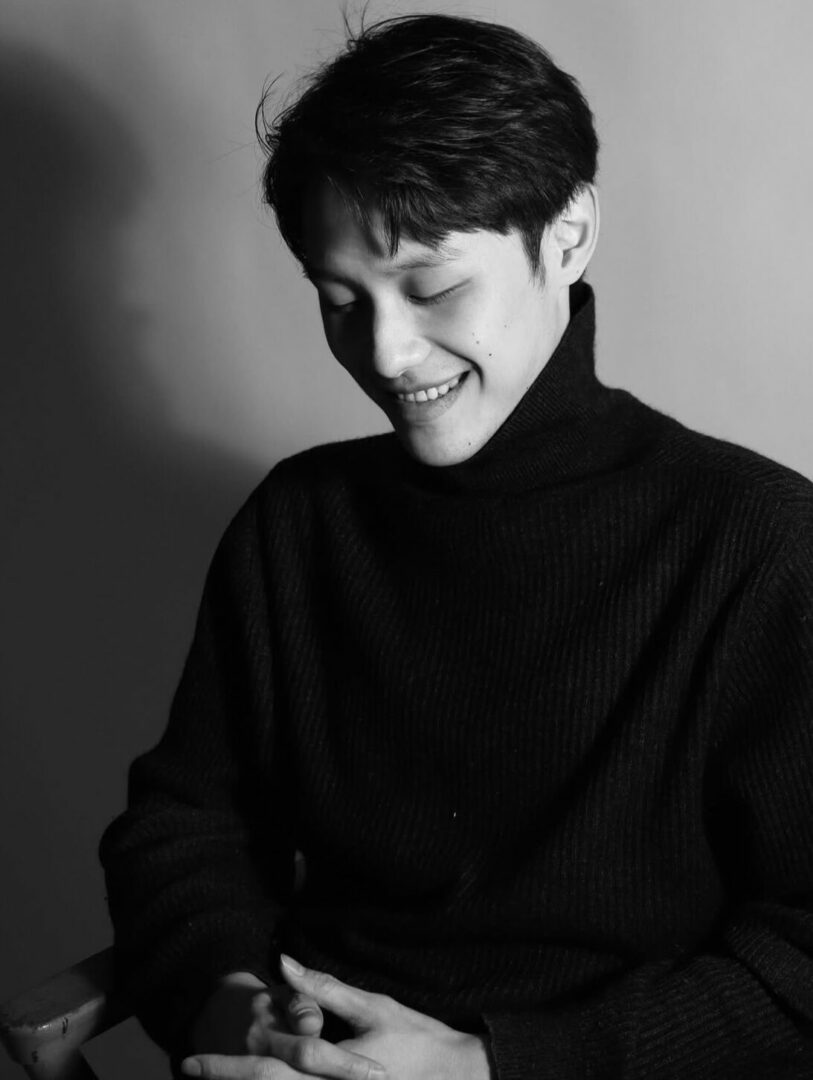We recently connected with Zihao Chen and have shared our conversation below.
Hi Zihao, thanks for sharing your insights with our community today. Part of your success, no doubt, is due to your work ethic and so we’d love if you could open up about where you got your work ethic from?
I think my work ethic comes from growing up in a context where persistence, humility, and quiet dedication were deeply valued. But it has truly been shaped and tested through the experience of living and working in different countries. As a foreign national navigating between China, Germany, and the United States, I have often found myself in unfamiliar systems where nothing was guaranteed, whether it was visas, housing, or institutional support. These situations taught me to build my own structure and discipline. I learned to keep working even in moments of isolation, uncertainty, or instability. For me, work ethic is not just about productivity. It is about being present, paying attention, and staying with something long enough to let it change me. It comes from curiosity, from care, and from the belief that deep work takes time.
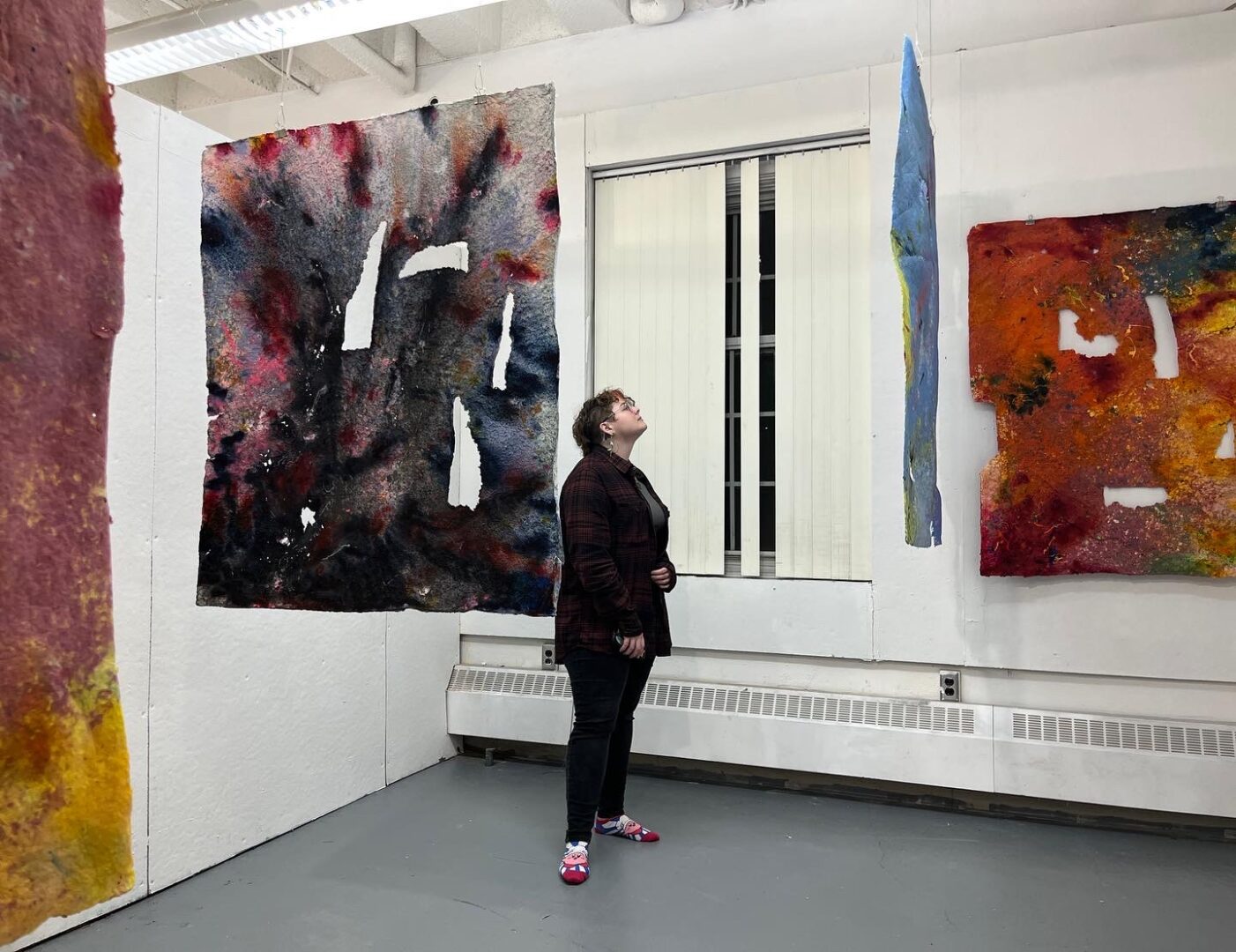
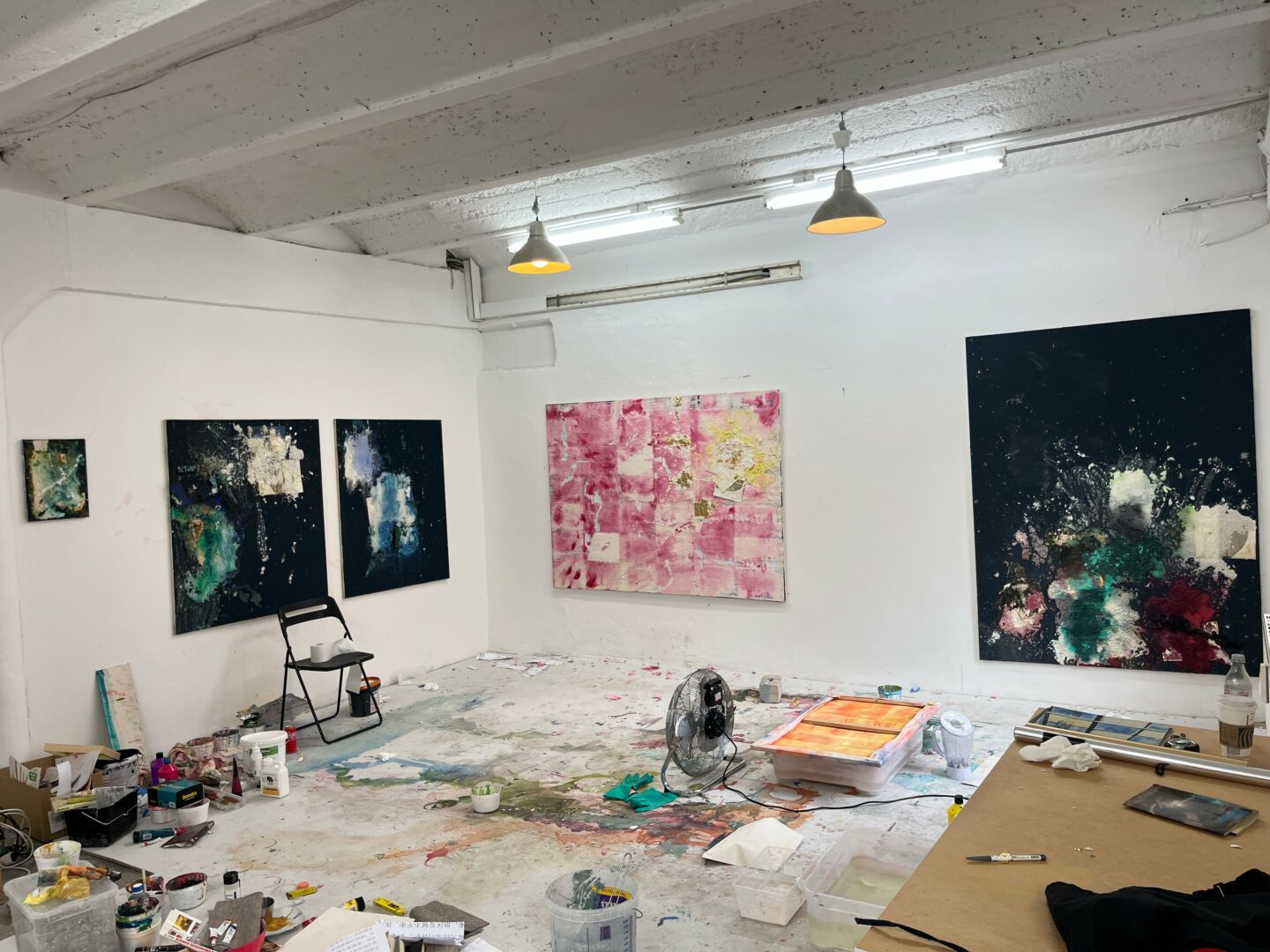
Thanks, so before we move on maybe you can share a bit more about yourself?
I am a Chinese-born visual artist and educator based in New York State, working across painting and installation art. I received my BFA from the School of Visual Arts (SVA) in New York City and my MFA in Painting from the Alfred–Düsseldorf Painting Program. My work has been exhibited in New York, Germany, and at several university galleries, and I continue to expand my practice through residencies and exhibition opportunities.
My art practice explores the intersection of memory, identity, political turbulence and materiality through acts of fragmentation and reconstruction. Using grid systems, torn and reassembled painted paper, handmade pulp surfaces, and floor-based installations, I investigate the tension between structure and disruption in both visually and conceptually.
I currently teach at Alfred University’s School of Art & Design as a clinical assistant professor of foundations, where I teach Foundation-level and advanced painting courses, while also mentoring advanced students in the senior painting program. My pedagogy emphasizes embodied learning, cross-media experimentation, and the understanding of material as a form of knowledge. As both an artist and educator, I believe that the best teachers are also lifelong learners. I’m deeply committed to helping students develop their own visual language and cultivate a strong, independent creative discipline.
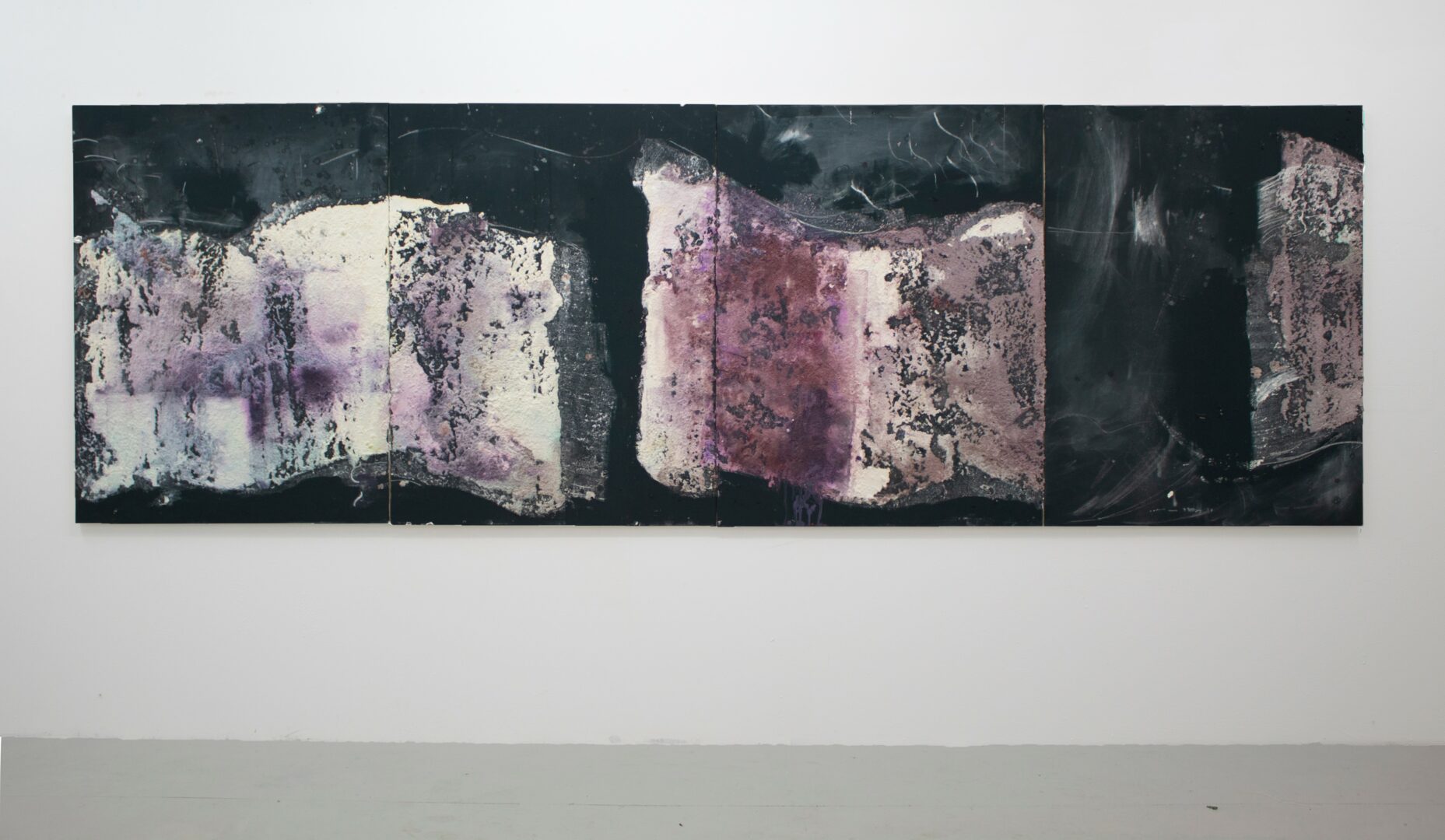
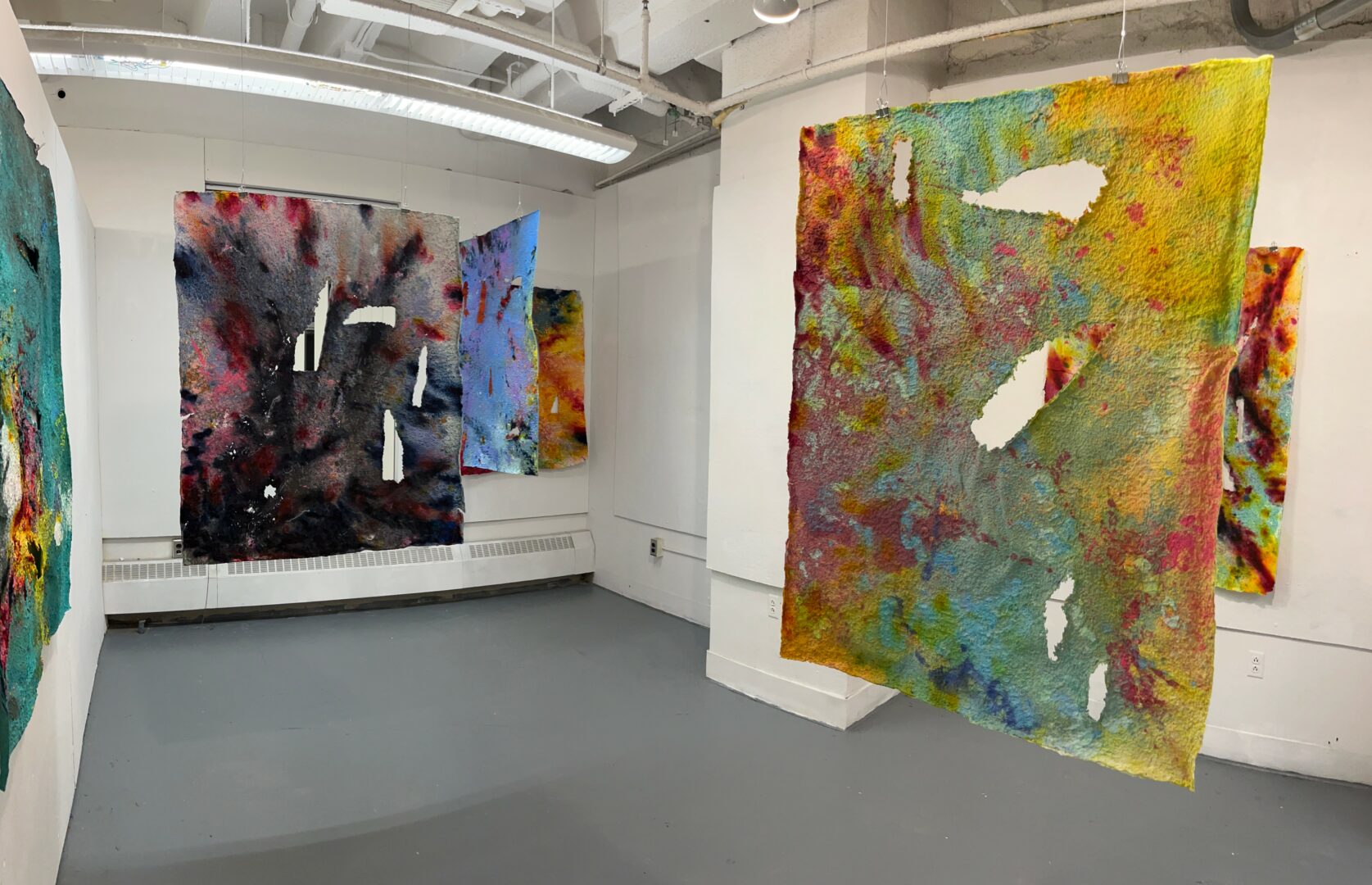
If you had to pick three qualities that are most important to develop, which three would you say matter most?
I believe what matters most to me are the experiences of living across cultures, a sustained curiosity, and a capacity for focused attention. Being a foreign national working and living in another country has been both rewarding and challenging. Navigating visa processes, cultural shifts, and institutional systems has, at times, left me overwhelmed. But these experiences have also exposed me to diverse ways of thinking and living. I’ve come to realize that life is not a fixed standard to be measured against, but a fluid, ever-changing movement, like water. This realization has helped me move through personal struggles, and it has profoundly enriched my artistic language. The emotional and intellectual complexity that arises from living between worlds allows me to approach art-making not just as a form of expression, but as a way of understanding and participating in the world with greater openness, nuance, and care.
Secondly, I see curiosity and focus as another way of opening myself up to the world. When I stop defining myself through a fixed label or singular identity, my senses become more attuned to everything around me,allowing me to notice unexpected details and moments. This attentiveness leads me to the personal and emotionally resonant aspects of art-making. Ultimately, it’s about dedicating time and care to the process.
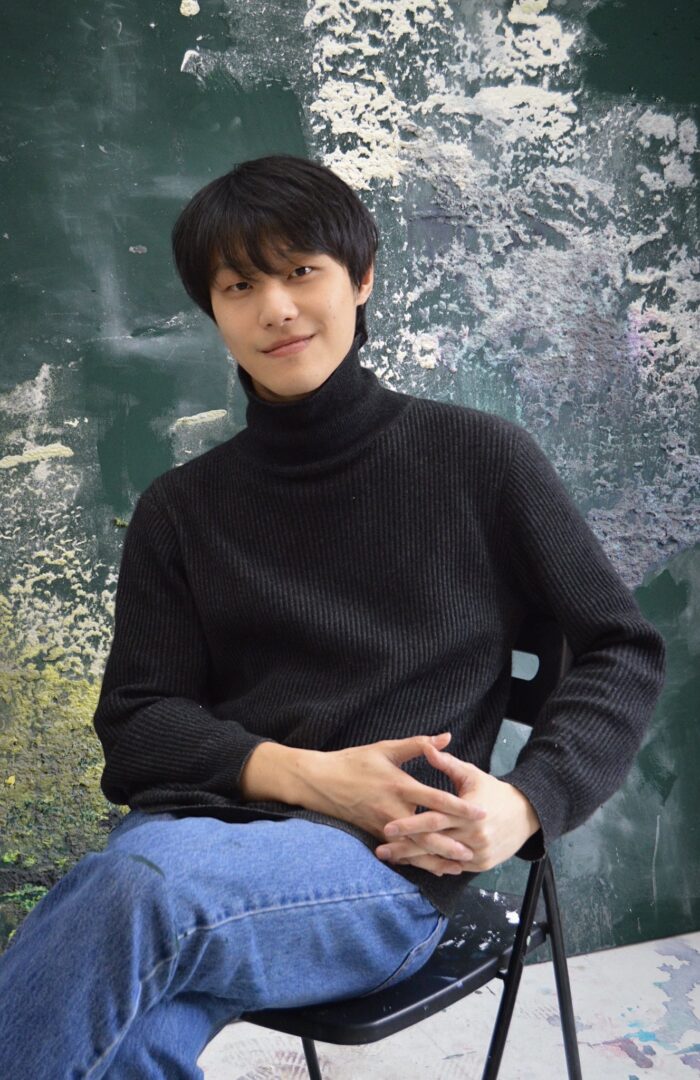
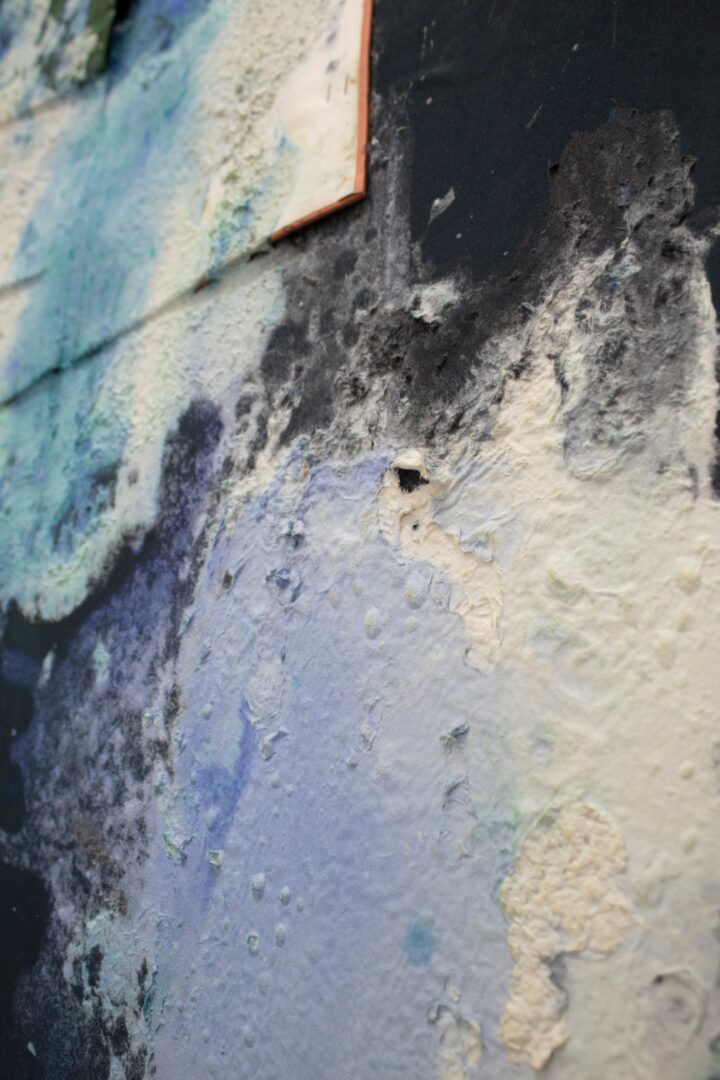
Awesome, really appreciate you opening up with us today and before we close maybe you can share a book recommendation with us. Has there been a book that’s been impactful in your growth and development?
I love reading biographies and life stories—narratives about other people’s journeys and how they navigate moments of transformation. I’ve always been drawn to observing how people live, and how they respond when faced with unexpected or difficult circumstances. One book I return to again and again is Siddhartha by Hermann Hesse. Although it is not a literal biography, the novel presents a spiritual journey that mirrors real life in profound ways. It weaves together religion, personal discipline, human desire, detachment, and inner transformation. The novel explores how one learns not through doctrines, but through direct experience and quiet attentiveness to life itself.
I remember vividly reading Siddhartha by the Rhine River in Düsseldorf, Germany. At the time, I was alone due to the pandemic and U.S. visa complications. I had no close friends or family nearby. My days were divided between the solitude of my studio and long, quiet hours by the river, book in hand. That period of isolation felt uncertain, but Siddhartha gave me something steady: a companionship rooted in slowness, acceptance, and the possibility of peace not through answers, but through listening. The river in Siddhartha is a central symbol: always flowing, always changing, yet deeply still. It listens without judgment and teaches through presence.
This period of time fundamentally changed the way I think about the process of making. As an artist, I believe that if we want to change our work, the change must begin outside the studio. It is life with all its disruptions, uncertainties, and transformations that ultimately shapes how we create. I came to understand that art, like life, does not need to arrive at a clear resolution. It needs to stay open, attentive, and honest. And perhaps most importantly, I realized that our struggles, contradictions, and unanswered questions are the path rather than the detour. Perhaps this is why the book Siddhartha has meant so much to me.
Contact Info:
- Instagram: ziho_chen
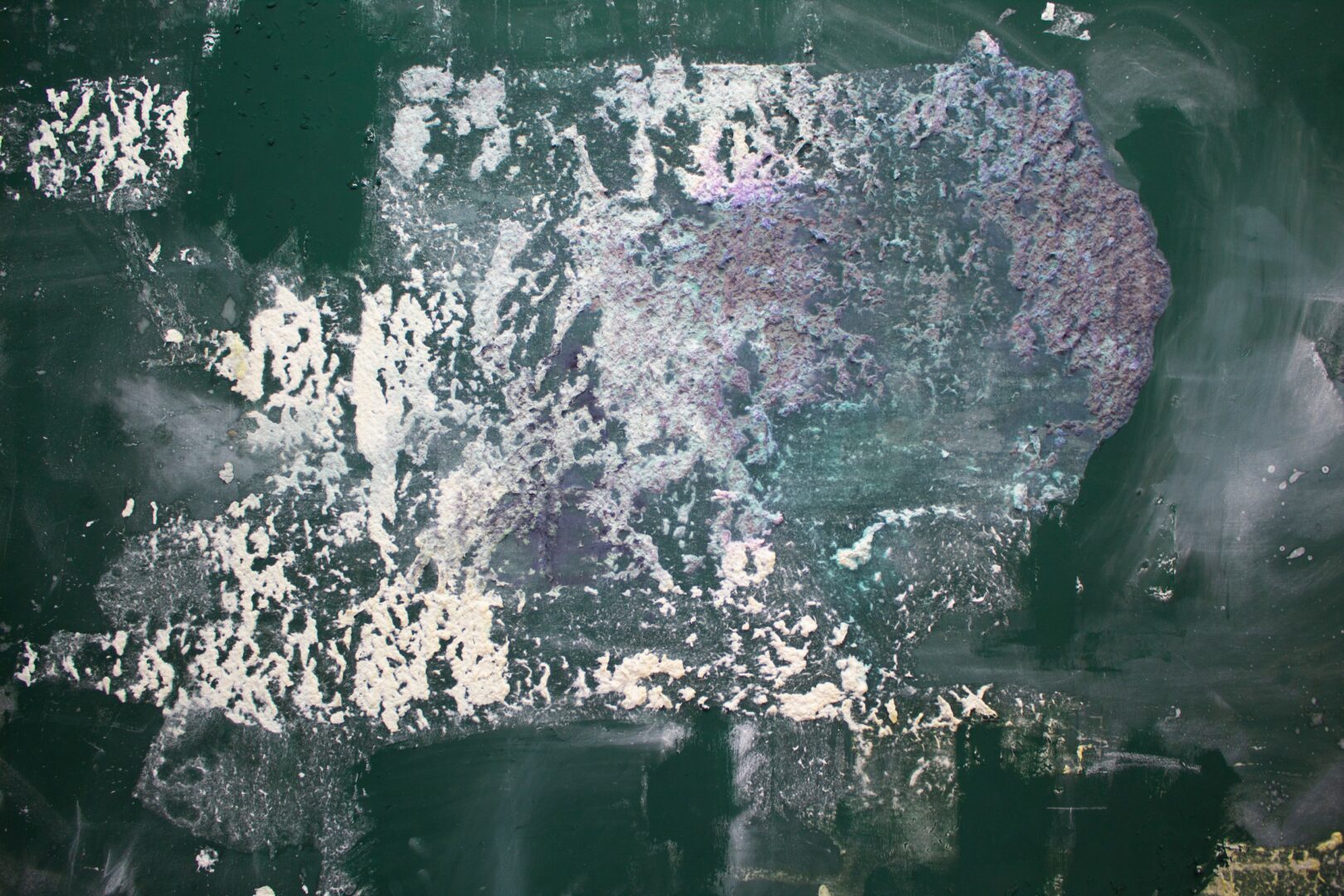
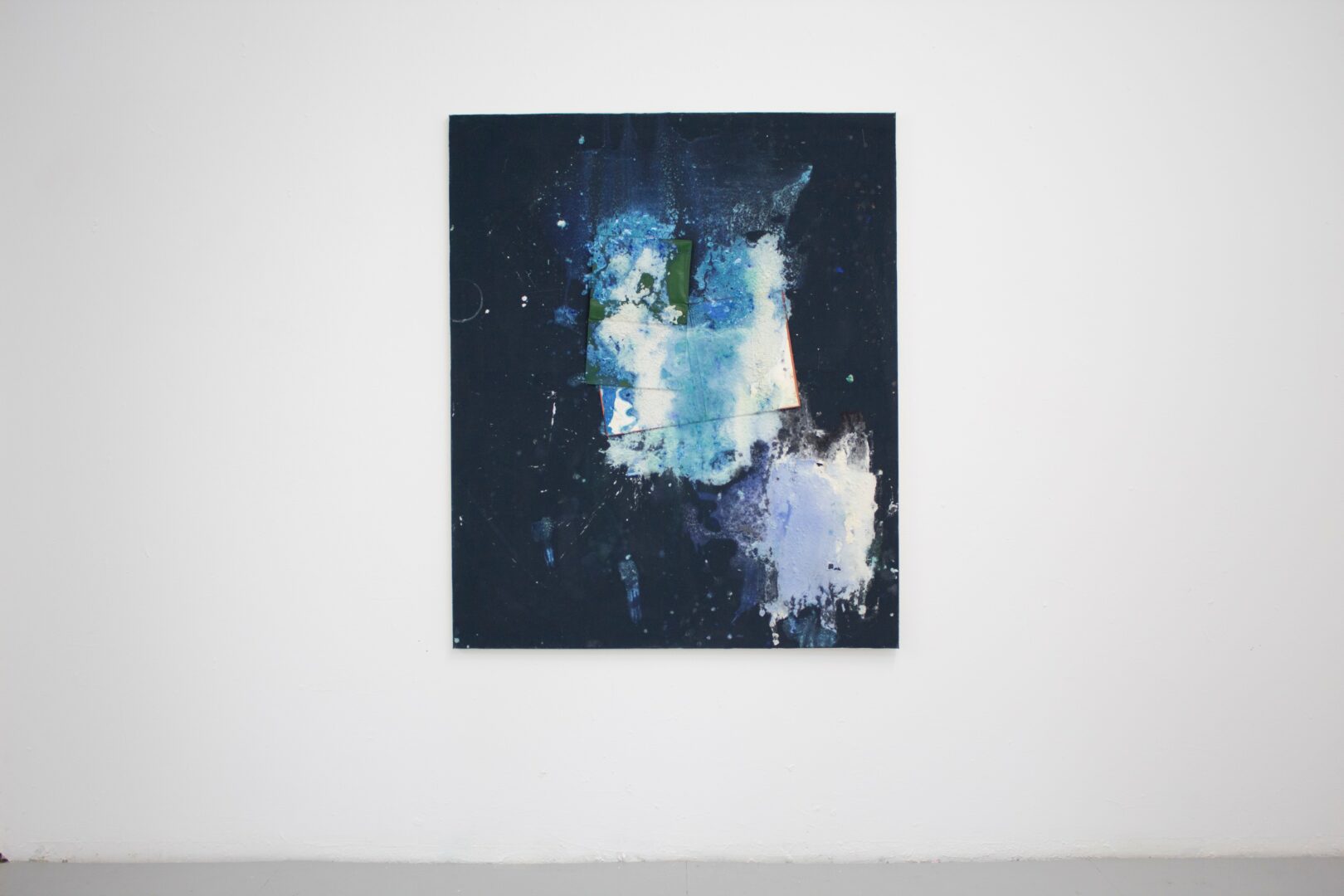
so if you or someone you know deserves recognition please let us know here.

